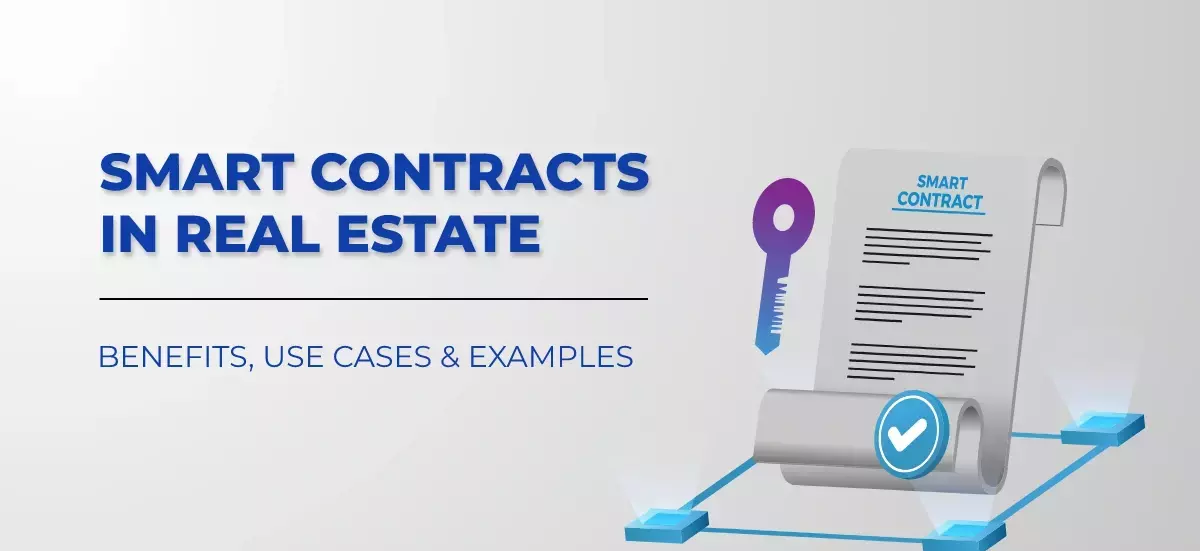
The Ultimate Guide to Mortgage Rates in 2024: What Every Homebuyer Should Know
Understand mortgage rates thoroughly before making decisions as a homebuyer.
Understanding the complexities of mortgages can feel overwhelming. Having a grasp of mortgage rates and terms is crucial for potential homeowners. Let's delve deeper into each aspect to provide a guide.
What Are Mortgage Rates?
Mortgage rates refer to the interest rates applied to a loan used for purchasing a property. These rates are influenced by external factors and can significantly impact the overall cost of your home.
Fixed vs. Adjustable Rates
Fixed Rate Mortgages: With fixed-rate mortgages, the interest rate remains constant throughout the loan's duration. This stability ensures that your monthly payment does not change despite market fluctuations. Fixed-rate mortgages are particularly suitable for individuals planning to reside in their home term.
Adjustable Rate Mortgages (ARMs): ARMs begin with an interest rate that has the potential to change over time based on market conditions. Consequently, your monthly payments may. Decrease accordingly. ARMs are often considered by those who anticipate moving or refinancing before the rate adjustment period.
Factors Influencing Mortgage Rates
Credit Score: Your credit score plays a role in determining your mortgage rate. A higher score indicates reliability, which translates into rates being offered. Conversely, lower scores may lead to rates that are higher due to perceived lending risks.
Loan to Value Ratio: It compares the loan amount to the value of the property. When you make a payment resulting in a lower ratio, it reduces the risk for the lender. This can potentially lead to interest rates.
Economic Conditions: The overall state of the economy has an impact on mortgage rates. Factors such as inflation, GDP growth and employment rates influence lenders decisions when it comes to setting rates. For example, if we have an economy with levels of inflation, it is likely that mortgage rates will be higher.
Federal Reserve Policies: The decisions made by the Federal Reserve regarding short-term interest rates do not affect mortgage rates directly. For instance, there is an increase in mortgage rates when Federal authorities decide to increase rates in order to fight inflation.
To Get The Best Rates
When it comes to getting the mortgage rate:
1. Shop Around: It's an idea to explore lenders and compare their offered rates and terms. This way, you can find the deal for yourself.
2. Improve Your Credit Score: Taking steps to enhance your credit score can help you secure mortgage rates. Regularly reviewing your credit report for any errors and developing habits, like making bill payments, can contribute positively to improving your score.
3. Consider Loan Term: Generally speaking, shorter loan terms tend to come with interest rates but higher monthly payments.
On the other hand, opting for loan terms allows for the repayment to be spread out over a longer period, resulting in lower monthly payments. However, keep in mind that this may lead to interest paid over the entire duration of the loan.
4. Understand the difference between APR and Interest Rates
It's essential to understand the difference between APR (Annual Percentage Rate) and the interest rate when considering loans. The APR takes into account not the interest rate but any additional charges associated with the loan. This provides an understanding of the overall cost of borrowing. Comparing APRs from lenders can help you determine which mortgage offers value.
Future Mortgage Rate Trends
Predicting mortgage rates requires keeping an eye on trends and policy decisions. For example, if there are expectations of growth, mortgage rates may rise accordingly. Staying informed about these trends can assist you in timing your mortgage application for interest rates.
Gaining an understanding of mortgage rates and terms is vital when making decisions during the home-buying process. You can secure a mortgage that aligns perfectly with your financial goals by assessing your situation, staying aware of economic conditions, and diligently comparing offers from different lenders.
Smart Investments in 2024






Comments
No comments yet. Be the first to comment!
Leave a Comment